Essential Oils
Natural vs. Chemical
Which would you rather put in your body?
Empowerment
You chose when, where, and how to be well.
Less Expensive
Pennies per application without co-pays, doctor visits, or prescriptions
Methodology
Prevention and treatment of an issue vs. masking symptoms
What are Essential Oils?
Many people have heard of essential oils but don’t know precisely what they are and what they have to offer. In short, essential oils are natural (or organic) compounds of aroma that can be found in a range of plants, including but not limited to stems, seeds, roots, bark, and flowers.
… a little more detail:
Essential oils are non water-based phytochemicals made up of volatile aromatic compounds. Although they are fat soluble, they do not include fatty lipids or acids found in vegetable and animal oils. They make up a liquid that is often distilled (generally by cold press or steam) from various elements of plants. Essential oils are very clean, almost crisp to the touch and are immediately absorbed by the skin. In addition to their intrinsic benefits to plants and being beautifully fragrant to people, essential oils have been used throughout history, in many cultures, for their medicinal and therapeutic benefits. Modern scientific study and trends toward more holistic approaches to wellness are driving a revival and new discovery of essential oil to support overall health.
Contrary to popular belief, an essential oil is not synonymous with perfume or other fragrances, despite their aromatic characteristics. Unlike essential oils, fragrance oils are manufactured artificially, and often comprise artificial compounds which don’t provide therapeutic benefits.
Keep in mind, all essential oils are not created equal. If you’re looking for the most powerful and effective benefits, therapeutic grade essential oils are the best route to follow. While they tend to be more expensive than non therapeutic options, the overriding benefits are well worth the additional costs.
What Are Essential Oils Used For?
Essential oils have many uses and they can deliver a wealth of therapeutic benefits, including physical, psychological, and even emotional benefits. They can be used a single oil at a time or in complex blends depending on user experience and desired benefit. Such benefits are generally gained by one of three methods: diffused aromatically, applied topically and/or taking internally.
Our sense of smell influences many physiological pathways including the stimulation of hormones and other metabolic processes. Aromatherapy is founded on the body’s predictable response to specific olfactory stimuli. Essential oils are widely used in aromatherapy applications. Through the chemistry of nature, essential oils interact with our neurological processes through the olfactory nerve, hypothalamus, and pituitary gland, causing a release of certain hormones and chemicals in our body, to cause physical and emotional change. Certain essential oils, when diffused in the air, can be very stimulating, while others can be calming and soothing. Beyond emotional benefits, diffusing essential oils can purify air of unwanted odors and some airborne pathogens. Low or no-heat essential oil diffusers are recommended as they do not change the chemical structure of the oil being diffused. Essential oils can also be used as cleansing and purifying additives to laundry and surface cleaners throughout the home.
 Topically
Topically
Due to their natural molecular composition, essential oils are easily absorbed by the skin and can be safely applied topically. Application of essential oils can have immediate, localized benefit to the target area of application. They have restorative and calming properties and can be used effectively with massage and beauty therapy. They are also natural disinfectants. The chemical structure of essential oils also allows them to be absorbed into the bloodstream via the skin for internal benefit throughout the body. It is important to learn about diluting essential oils, as many oils can be considered “hot” or “Warm.” Diluting essential oils with a natural carrier oil (such as fractionated coconut oil), will decrease sensitivity on the skin.
 Internally
Internally
Essential oils can also be used as dietary supplements supporting a variety of healthy conditions. Some essential oils have powerful antioxidant properties while others help support healthy inflammatory response in cells. Many essential oils are generally regarded as being safe for dietary use, but some oils should not be taken internally. Do not use any essential oil product internally that does not have the appropriate dietary supplement facts on its label.
These are just a few examples:
- Support your immune system
- Reduce feelings of mood related issues:
- imbalance
- sadness
- anxiety
- nerves
- Supports healthy cellular growth and function
- Systemic functional support of your bodies
- organs
- brain
- muscles
- joints
- bone health
- Sleep and relaxation support
- Healthy cholesterol maintenance
- Supports healthy weight, diet, and blood sugar management
- Relief from everyday discomforts:
- bee stings
- ear aches
- cramps
- headaches
- respiratory & sinus
- Helps support mental clarity, focus and memory
- Supports healthy GI concerns:
- gas & bloating
- heartburn
- indigestion
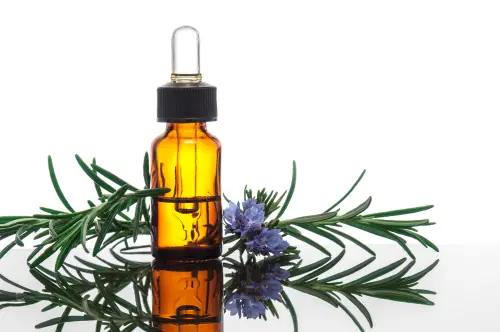 Simply put, the list of essential oils, and the benefits they provide, is rather exhaustive — meaning, there’s a solution for nearly any type ailment. And the beautiful thing is, with this natural alternative option, you can manage your ailments without visiting the doctor and without introducing synthetic, and most times toxic, chemicals into your body.
Simply put, the list of essential oils, and the benefits they provide, is rather exhaustive — meaning, there’s a solution for nearly any type ailment. And the beautiful thing is, with this natural alternative option, you can manage your ailments without visiting the doctor and without introducing synthetic, and most times toxic, chemicals into your body.
Essential oils are generally applied by diluting the substance with a certain carrier oil and then applying the oil directly to the skin. After being absorbed, the benefits are instantly realized(note, this can depend on the oil and how it is applied).
Determining Price and Quality
There’s a wide range of price and quality when it comes to buying essential oils. Some factors that can impact price and quality is how rare the plant may be, where it comes from, and quality assurance measures from the manufacturer.
You can certainly find cheap essential oils throughout the web and in various retail locations, but it is recommended that you purchase certified therapeutic grade essential oils — if you want to obtain maximum benefits. Essential oils can be both gorgeously and emphatically fragrant. Most likely, you’ve experienced their power if you’ve:
- Smelled the wonderful gift of a rose
- Caught a whiff of a freshly-cut mint
- Strutted past a field full of lavender
- Peeled back an orange and breathed in that crisp citrus scent
Essential oils are clean to the touch and immediately consumed by the skin. Pure, therapeutic grade essential oils are transparent and harbor a wide range of colors, anywhere from crystal clear to dark deep purple.










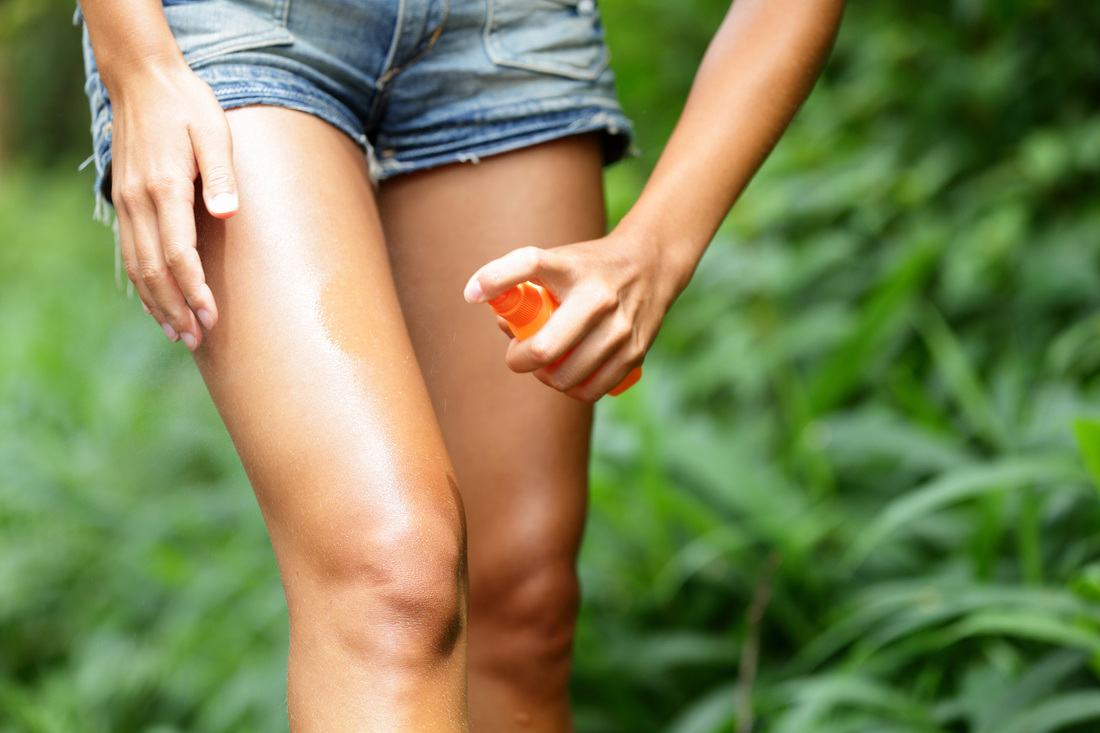




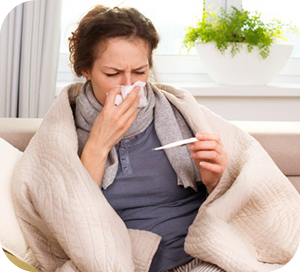


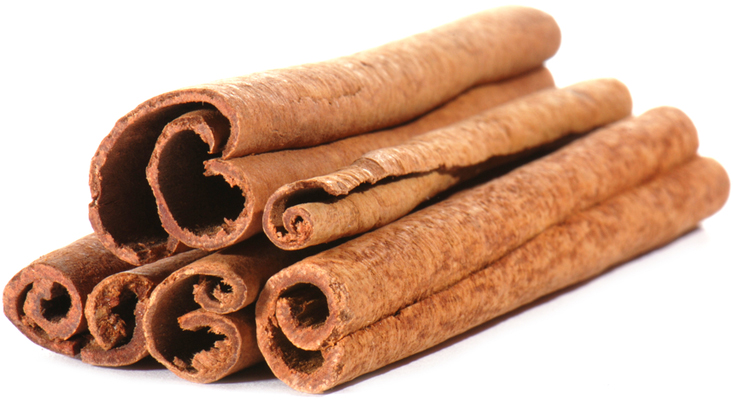
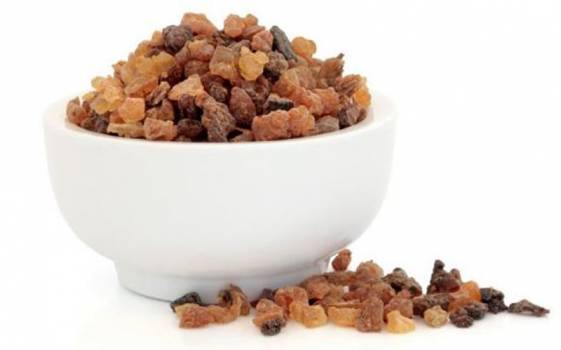


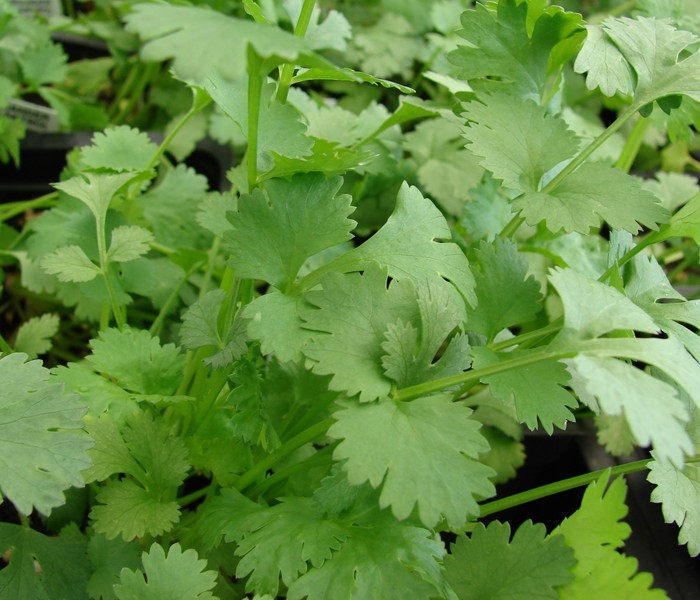
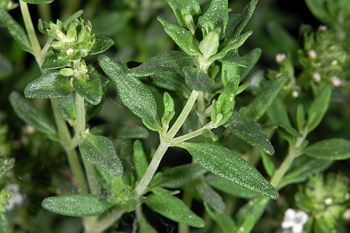


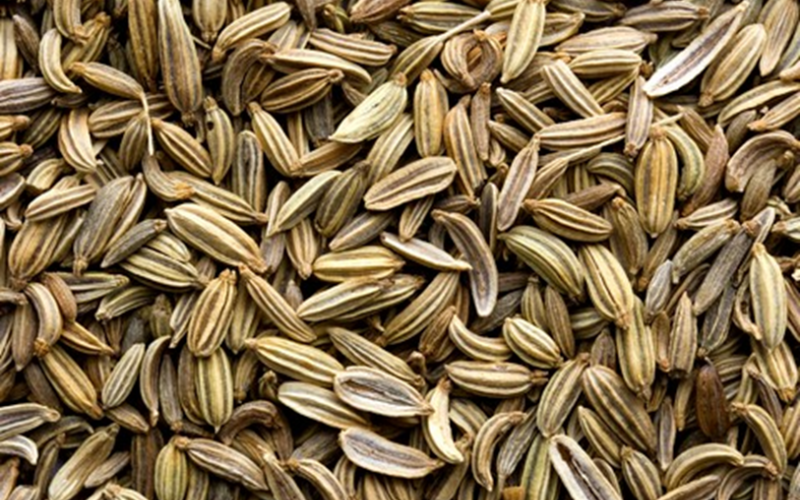




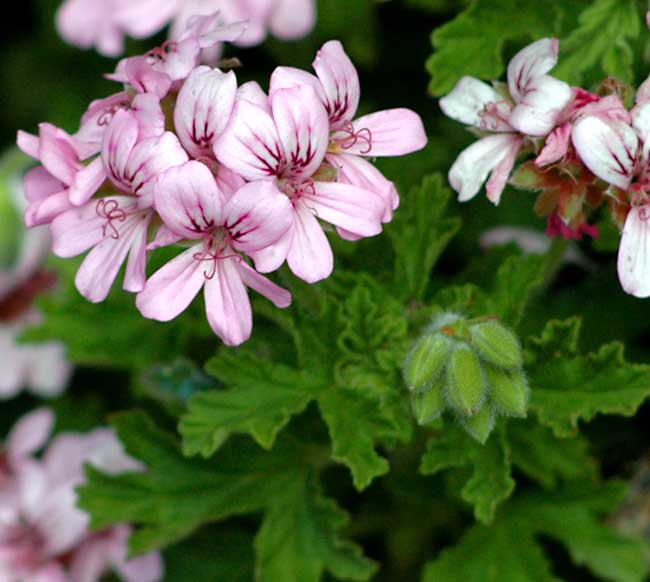



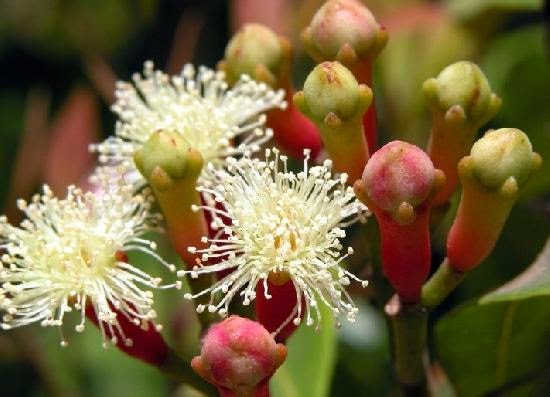


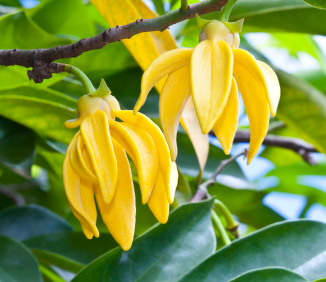


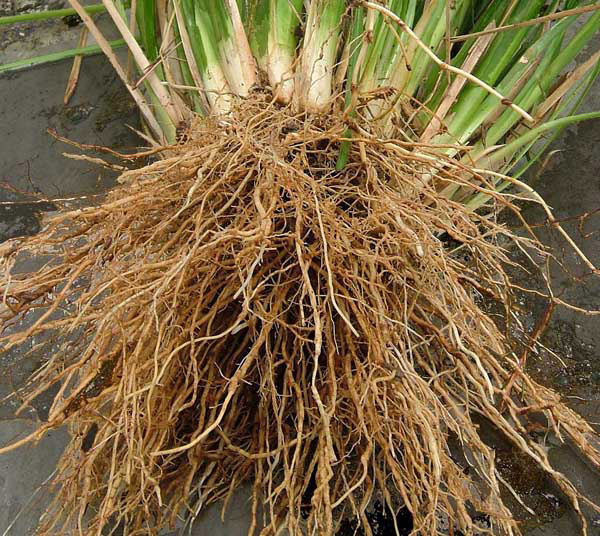
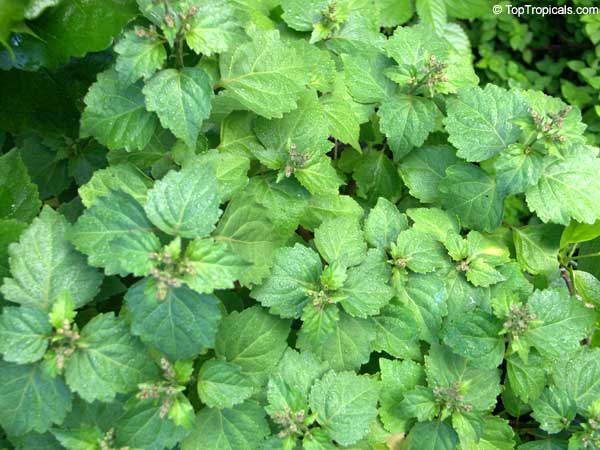
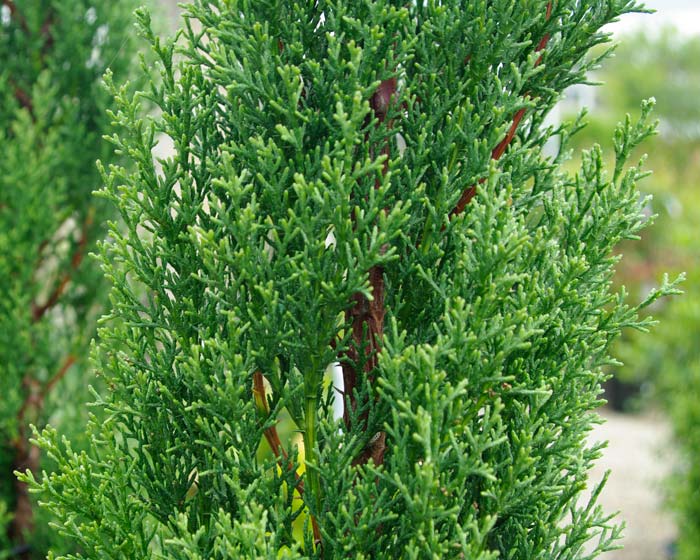

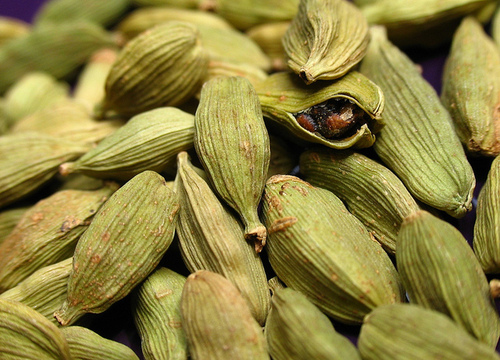
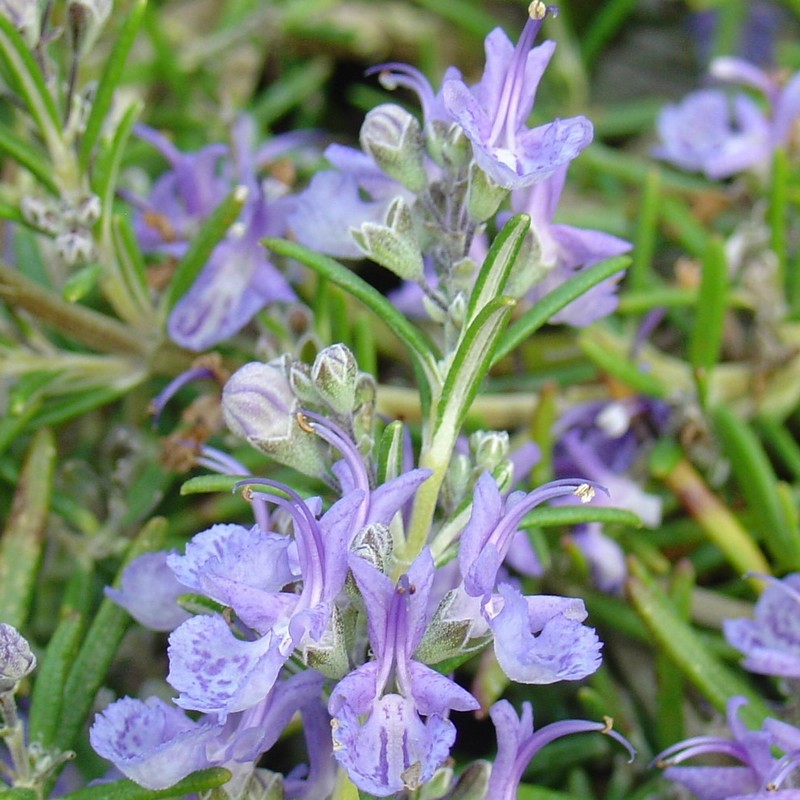



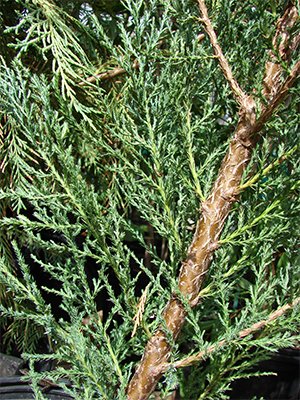
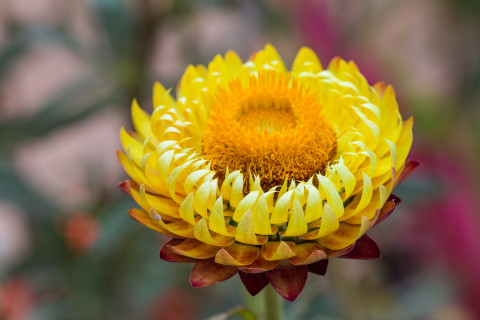

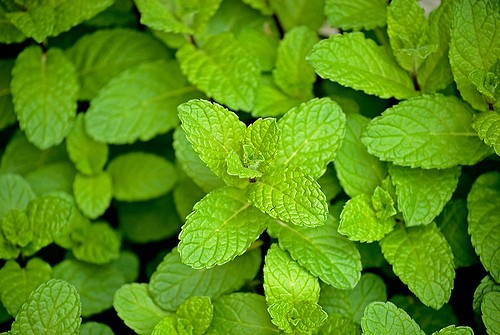
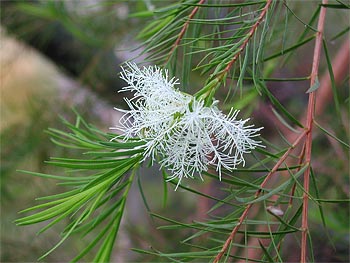
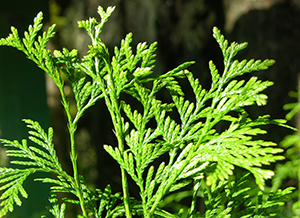

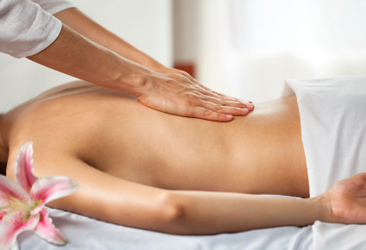
Essential Oil Education
Buying an essential oil goes way beyond price or convenience. When using essential oils therapeutically, it is critical to learn about quality, sourcing, etc of the brand you are using. Learning about why some oils are better than others, and how to really put oils to use in your life, is a process. We offer classes, both live, and online, empowering people all over the world, how to take their healthcare into their own hands.

Recent Comments